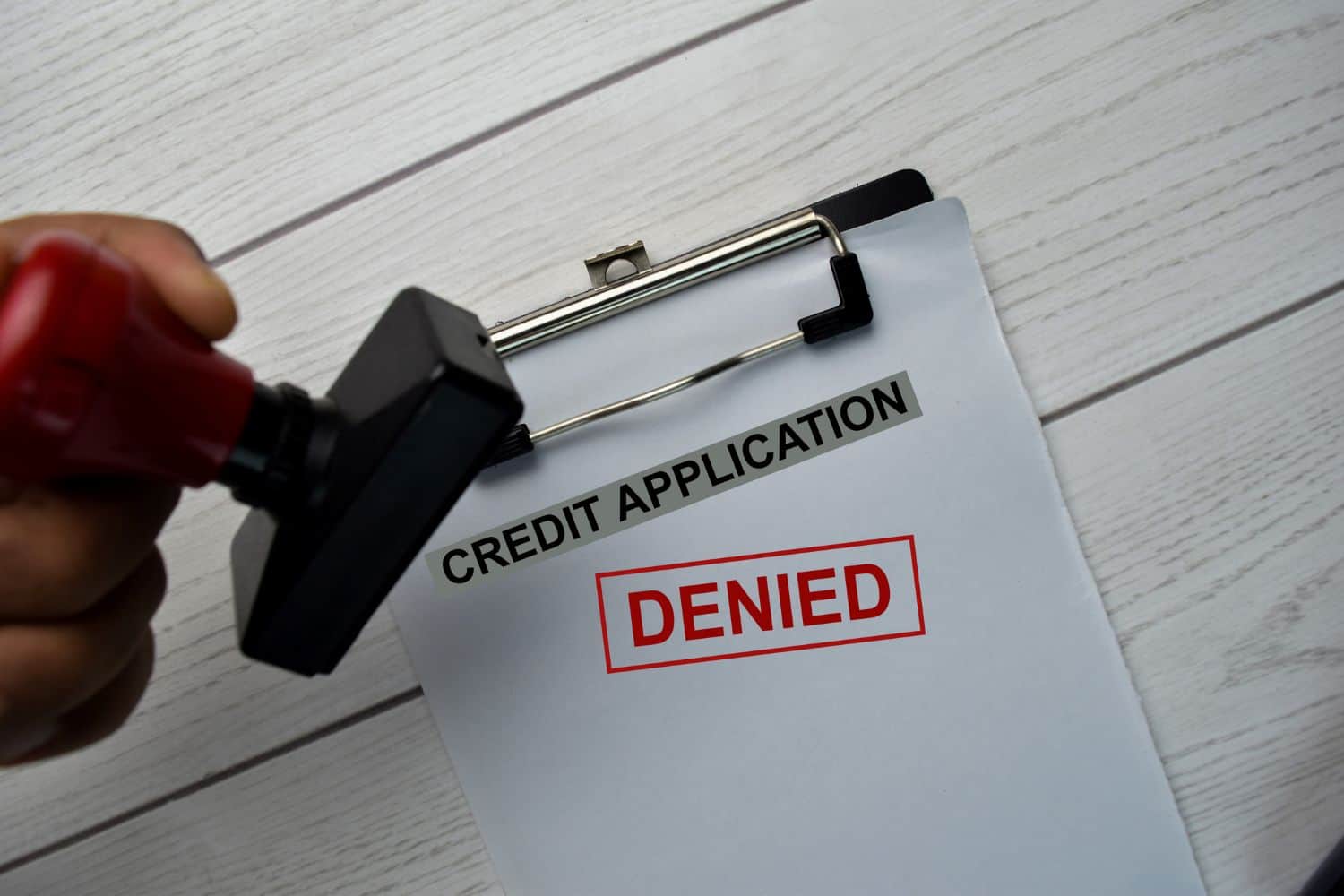You made sure you jumped through all the hoops to get credit. But the answer is still no, although all your debts are cleared. Why?

Consumers can blame non-compliant credit and data providers for unfairly denying credit access for qualifying consumers because they do not submit data about consumer credit in time and in the right format.
According to the latest FinScope Consumer Survey, an estimated 98% of South African adults have access to formal financial services.
This near-universal access is mostly attributed to the advancement of technology, product innovations in the financial services sector and the regulatory framework that allows for data sharing, which is facilitated and monitored by the South African Credit and Risk Reporting Association (SACRRA).
ALSO READ: How to be smart with credit
Sharing credit information contributes to greater financial inclusion
Magauta Mphahlele, executive director of SACRRA, says that sharing consumer credit and risk data contributes to greater financial inclusion by increasing access to finance for individuals, as it provides credit information to facilitate faster and more accurate credit and risk assessments.
“Accurate, timely and comprehensive credit and risk data allows lenders and other financial services providers to assess your creditworthiness and risk more fairly and extend credit responsibly in line with the requirements of the National Credit Act.
“By ensuring that all credit and relevant data providers report data transparently, we can support more inclusive lending practices.
“This will ultimately increase access to affordable and responsible credit for all qualifying consumers, while at the same time supporting regulators to monitor trends and intervene more timeously where market conduct risks and consumer debt stress levels are picked up,” she says.
ALSO READ: Considering applying for credit? You should read this first
Where credit bureaus get their information
Mphahlele says SACRRA manages the Central Data Transmission Hub (DTH) where consumer credit and risk data is shared to the six credit bureaus authorised by the National Credit Regulator (NCR) to host and share consumer payment profile information under Regulation 19(13).
More than 4.5 million daily consumer records and 64 million monthly consumer accounts, from more than 4 000 credit and data providers, are shared with the credit bureaus through the DTH.
“The DTH is a secure and encrypted mechanism that feeds each of the bureaus with the same data at exactly the same time, within the prescribed timeframes.
“This allows the payment profile information of consumers to largely be the same across the bureaus ,and as a result, irrespective which of the six bureaus a lender or financial services provider uses, they will access the same payment profile information.
“Therefore, it is important that all registered credit providers and relevant data providers submit and update data timeously.
“We still have some entities that do not comply in terms of submitting and updating data, and this unfortunately leads to inaccurate and outdated consumer payment profiles, which unfairly deny access to credit and other financial services for qualifying consumers.”
ALSO READ: Know your rights and responsibilities regarding credit agreements
Timeous updates ensure rehabilitated consumers can enter credit market again
Mphahlele says it is also important to update the data to allow consumers who rehabilitated themselves to re-enter the market.
For example, when consumers have a court judgment or adverse classification listed against their name and they settle that judgment or adverse account, the credit provider is required to update the credit bureau within seven business days of settlement.
She encourages consumers to regularly check their credit profiles. “You must dispute Incorrect, outdated, prescribed and fraudulent information directly with the credit bureaus, as SACRRA does not hold the data. If their disputes are not resolved within 21 business days, consumers can escalate them.
ALSO READ: Everything you need to know about credit bureaus
What does Regulation 10(13) provide for?
What are the requirements of Regulation 19(13) made in terms of the National Credit Act? Mphahlele says credit and data providers are required to report credit information to the credit bureaus in the following manner and timeframes:
- The details of all new credit agreements entered into with consumers within 48 hours of the credit agreements being concluded
- The details of all closed, terminated, rescinded or settled credit agreements within 48 hours of the credit agreements being closed, terminated or settled
- The monthly payment profile information of consumers within 5 (five) business days of the agreed billing cycle
- Subject to the provisions of Regulation 19 (4) and Regulation 19 (7), the adverse classifications of consumer behaviour and adverse classifications of enforcement actions monthly
- The settlement of all adverse information as set out in S71A (1) (a) to (c) of the Act within seven days of the consumer settling the adverse information and
- The settlement of all judgment debts as set out in S71A (1)(d) of the National Credit Act within seven days of settlement by the consumer, in the way and form prescribed by the National Credit Regulator.
Mphahlele says in summary, SACRRA facilitates accurate credit and risk data reporting in South Africa by providing a strict data format, secure transmission, continuous quality oversight and compliance mechanisms aligned with national credit regulations.






